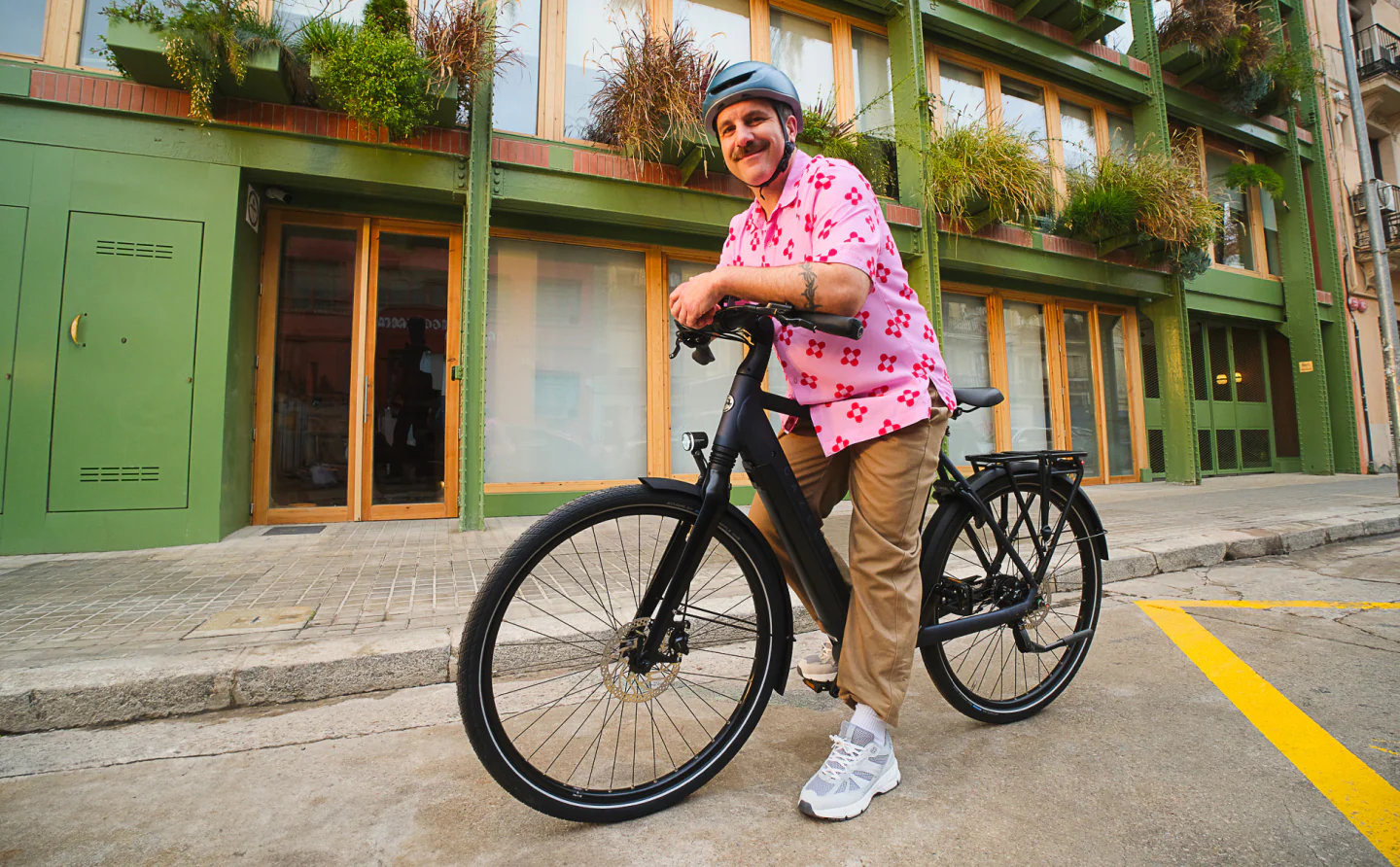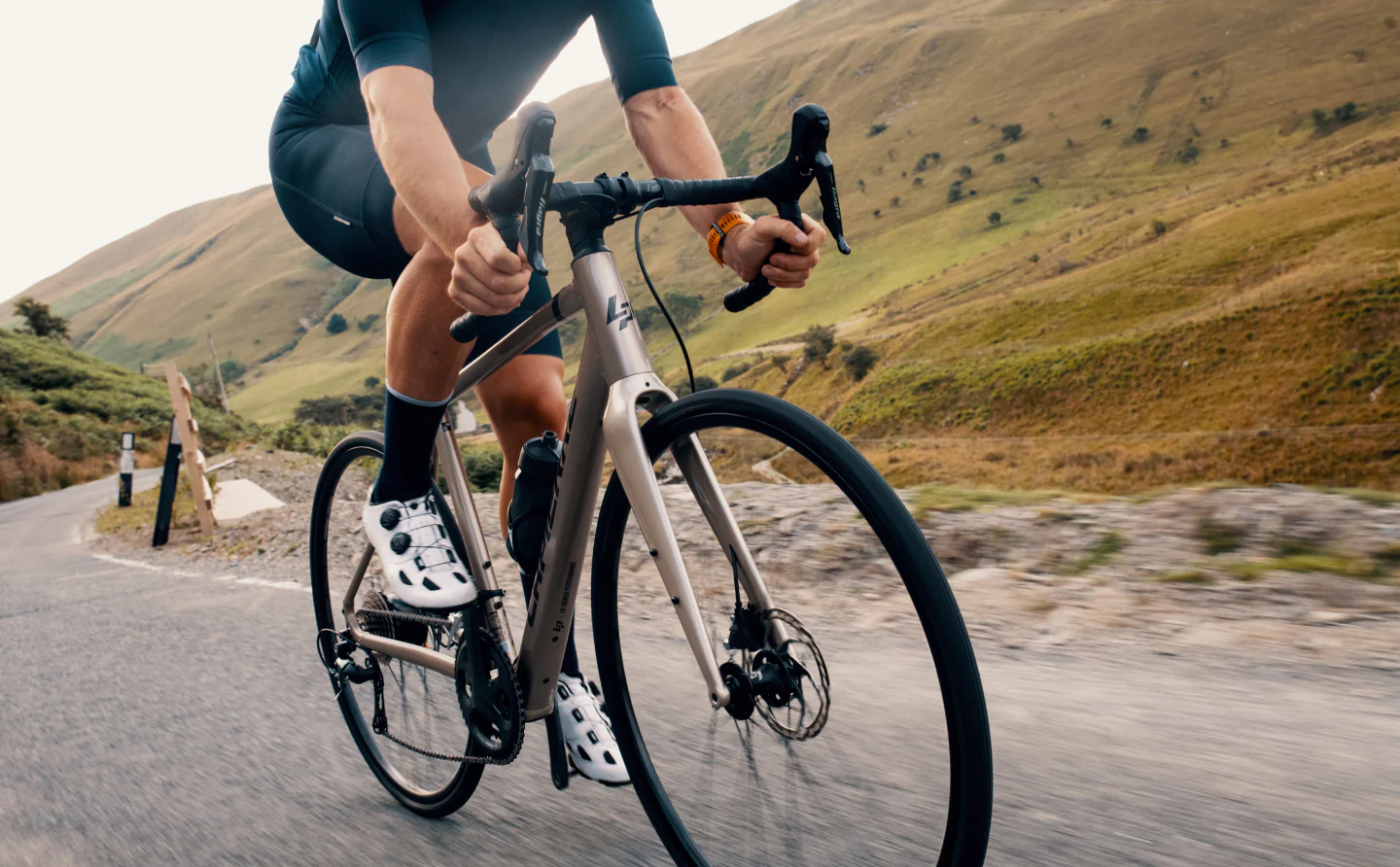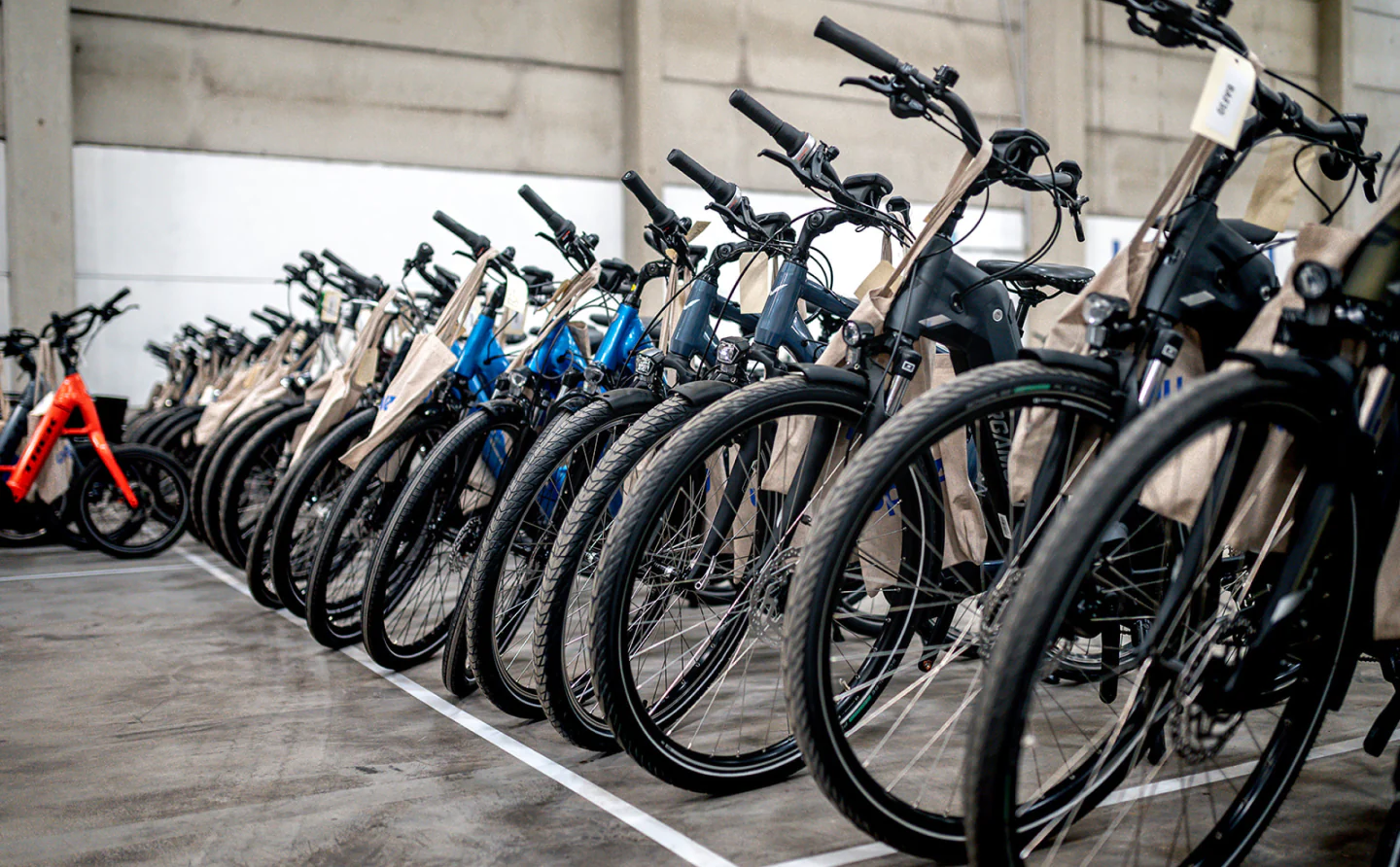A plastic alternative being developed in Denmark, made from barley starch and sugar beet waste, could soon be holding your leftovers.
The best part about the University of Copenhagen-designed material is that it decomposes in nature in about two months, according to a lab summary. Standard plastic takes around 20 to 500 years (or more) to break down, according to the UN.
"We have an enormous problem with our plastic waste that recycling seems incapable of solving. Therefore, we've developed a new type of bioplastic that is stronger and can better withstand water than current bioplastics. At the same time, our material is 100% biodegradable and can be converted into compost by microorganisms if it ends up somewhere other than a bin," Professor Andreas Blennow said in the lab report.
The planet's plastic pollution problem is staggering no matter how you bottle it. The Washington Post might have the best visualization, noting that there are 21,000 pieces of plastic in the oceans for every person on Earth.
Experts at MIT estimate that only 9% of the world's plastic is recycled. A large portion of it is burned. Copenhagen's material fulfills the promises of a truly biodegradable plastic, something others that have been developed lack, according to Blennow.
"I don't find the name suitable because the most common types of bioplastics don't break down that easily if tossed into nature," he said in the summary.
Part of the pollution problem are microplastics that are even showing up in human blood. The health implications are not fully understood by medical experts, though a Forbes report lists lung inflammation and higher cancer risks as some of the problems being linked to the troublesome particles. Eliminating traditional plastic use could reduce the amount of microplastics getting into the environment.
The barley/beet plastic leverages amylose, explained by an article posted at ScienceDirect, and cellulose, common in plants, as building blocks. To help with production, the team created a special type of pure amylose-abundant barley that produces starch that doesn't easily turn to paste when it meets water. The sugar beet fibers are 1,000 times smaller than cotton strains, providing great material strength. The bioplastic is made by mixing the ingredients together in water or with heat and pressure, all per the lab report.
"Combining them has allowed us to create a durable, flexible material that has the potential to be used for shopping bags and the packaging of goods that we now wrap in plastic," Blennow said.
There are some other promising plastic alternatives, including a biodegradable bottle from Cove that is on the market. And, you can always ditch throwaway plastic bottles and bags for reusable ones to have an immediate impact. The move can also save you cash. Americans spend an average of $260 a year on disposable water bottles. A one-time purchase of a good, $40 reusable container will result in savings quickly.
TCD Picks » Upway Spotlight
💡Upway makes it easy to find discounts of up to 60% on premium e-bike brands
In Copenhagen, Blennow and his team are working on patents and are in discussions with packaging companies to develop prototypes for food containers. The researcher also envisions the material working as trim material in vehicles.
"It's quite close to the point where we can really start producing prototypes in collaboration with our research team and companies. I think it's realistic that different prototypes in soft and hard packaging, such as trays, bottles, and bags, will be developed within one to five years," Blennow said in the report.
Join our free newsletter for weekly updates on the coolest innovations improving our lives and saving our planet.














